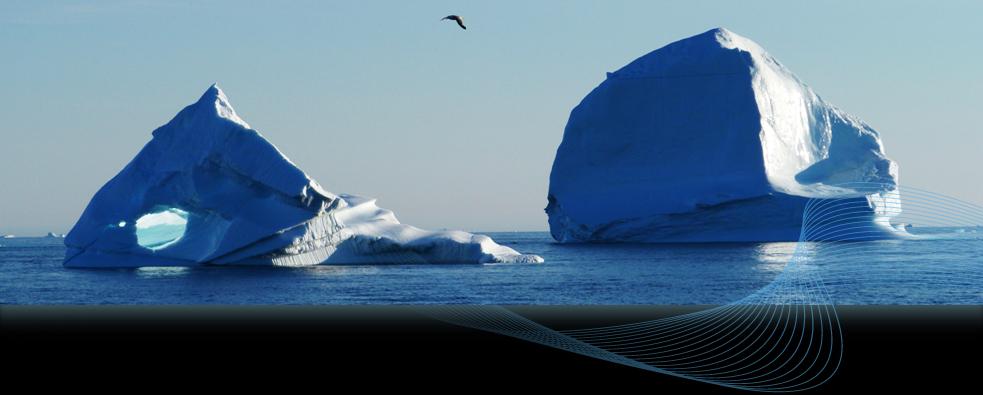Press Release on WEF-The Global Risks Report 2019
The World Economic Forum (WEF) declares in its „The Global Risks Report 2019“, released on 16th of January 2019,
https://www.weforum.org/reports/the-global-risks-report-2019
nothing less than that Human Rights, the UN and the Western liberal democratic norms are politicized, outdated and nostalgic.
The historical tipping point would have come to replaced them by economic, trade and political power rules.
Here there are the most explicit quotations:
„Preface
…
Renewing and improving the architecture of our national and internationale political and economic system is this generation’s defining task.
….
The Future Shocks section again focuses on potential rapid and dramatic changes in systems we rely on – topics this year include quantum computing, human rights and economic populism.“ (P.5)
„Power and Values - Evolving Risks in a Multiconceptual World
A period of change in the international system is destabilizing assumptions about global order. Last year’s Global Risks Report argued that the world is becoming not just multipolar, but also “multiconceptual”. This chapter further examines how changing power dynamics and diverging norms and values are affecting global politics and the global economy.
The chapter begins by outlining how normative differences increasingly shape domestic and international politics. It then highlights three trends with the potential to trigger disruptive change: (1) the difficulty of sustaining global consensus on ethically charged issues such as human rights;..“ (P.21)
„No room for nostalgia
It should be no surprise that a multipolar world is also more multiconceptual: as global power is diffused, there is more room for divergent values to shape geopolitics than there has been since the end of World War II. After the bipolar Cold War gave way to unipolar US power, some argued that the battle of ideas was over and Western liberal democratic norms would, in time, prevail globally. That was a bold claim then and it looks like hubris now. In today’s world, narratives of gradual convergence on any set of overarching values look unconvincing. Values seem to be a source of division rather than unity, not just globally but also within regions and countries.
Nostalgia is an inadequate response, especially as previous decades were hardly risk-free. The imperative now is to understand the changes that are happening and learn how to safely navigate the challenges they entail. After a period of globalization that has deeply integrated many countries, reconfiguring relationships is unlikely to be easy.“(P.22)
…
„However, the most acute challenge may be posed by human rights, which have become a litmus test for the changing role of values in the international system.
As geopolitical tensions and competition have intensified, human rights have been increasingly politicized.6 The complex global picture that is emerging in that area—nominal alignment on shared values, marked differences in interpretation and implementation, fragmented approaches to multilateral institutions—is a microcosm of the wider role of values in the international system. An optimistic scenario sees the kind of flux that is evident around human rights as an opening for states and other stakeholders to find better ways of doing things. However, values divergence means that it will be difficult even to align on what „better means in this context. As sketched out in one of our Future Shocks (see page 74), it is possible to imagine a tipping point is reached where states simply abandon ideas – and institutions – that limit their autonomy.“ (P.24)
„IN A WORLD OF DIVERGING VALUES, HUMAN RIGHTS ARE OPENLY BREACHED WITHOUT CONSEQUENCE
Amid a new phase of strong-state politics and deepening domestic polarization, it becomes easier for governments to sacrifice individual protections to collective stability. This already happens widely: lip service is paid to human rights that are breached at home or abroad when it suits states’ interests. What if even lip service goes by the wayside, and human rights are dismissed as anachronisms that weaken the state at a time of growing threats?
In authoritarian countries with weak human rights records, the impact of such a tipping point might be one of degree—more rights breached. In some democratic countries, qualitative change would be more likely—a jolt towards an illiberalism in which power-holders determine whose rights get protected, and in which individuals on the losing side of elections risk censorship, detention or violence as “enemies of the people”.
Battles are already under way among major powers at the UN over the future of the human rights system. In a multipolar world of divergent fundamental values, building far-reaching consensus in this area may be close to impossible. “Universal” rights are likely to be interpreted locally, and those interpretations then fought over globally. Even superficial changes might be of modest help, such as new language that is less politicized than “human rights”.“ (P.74)
This planned destruction of the International Declaration of Human Rights as well as of the United Nations Organisation and the Western liberal democratic norms by the members of the World Economic Forum would mean the destruction of the so called „ius cogens – the absolute elementary binding law of the whole global community and right and shelter for each single global citizen on earth“.
This attack is the most thinkable aggressive attack against each single global citizen as well as global mankind and world peace.
This attack would as well undermine and destroy all constitutional and legal systems and all constitutional states on earth
And this attack would destroy the eternal international peace balance.
But the real and most desastrous economic and global risk – the unstoped massive CO²-pollution fueled by the mighty fossil industry – is not even mentioned by the World Economic Forum.
So the WEF does not really want to protect us against global risks. They obviously just want to go on protecting „big industry“ against the existentially needed worldwide economic regulation for common goods and for the survival of all mankind.
To globaly survive the climate catastrophe global mankind needs a strong UN to fullfill the UN-Paris Agreement and strong democracies to make quick, strong and sharp regulative cuts against the ongoing activities of the fossil industry.
So the UN and all democratic organisations and NGOs are called to protest against the desastrous plans of the WEF and to most powerfully protect our international Human Rights, our United Nations, our international goal of national and global Democracy and our UN-Paris Agreement to be very quickly fullfilled.
Karlsruhe, 18.January 2019
Gisela Toussaint
Geigersbergstr. 31
76227 Karlsruhe
Germany
www.vrany.de


